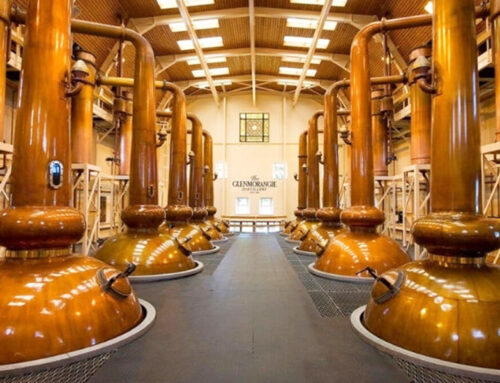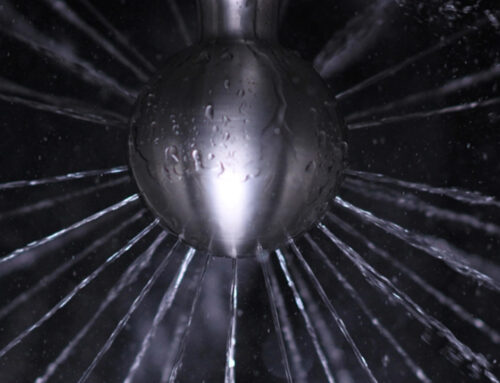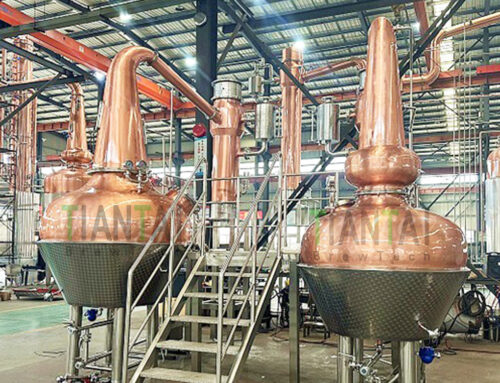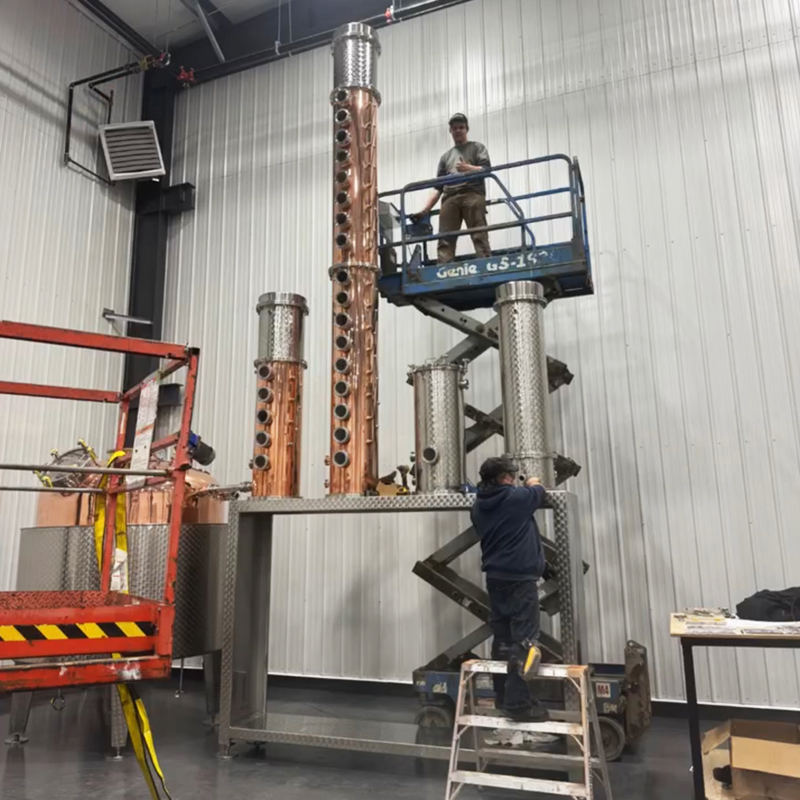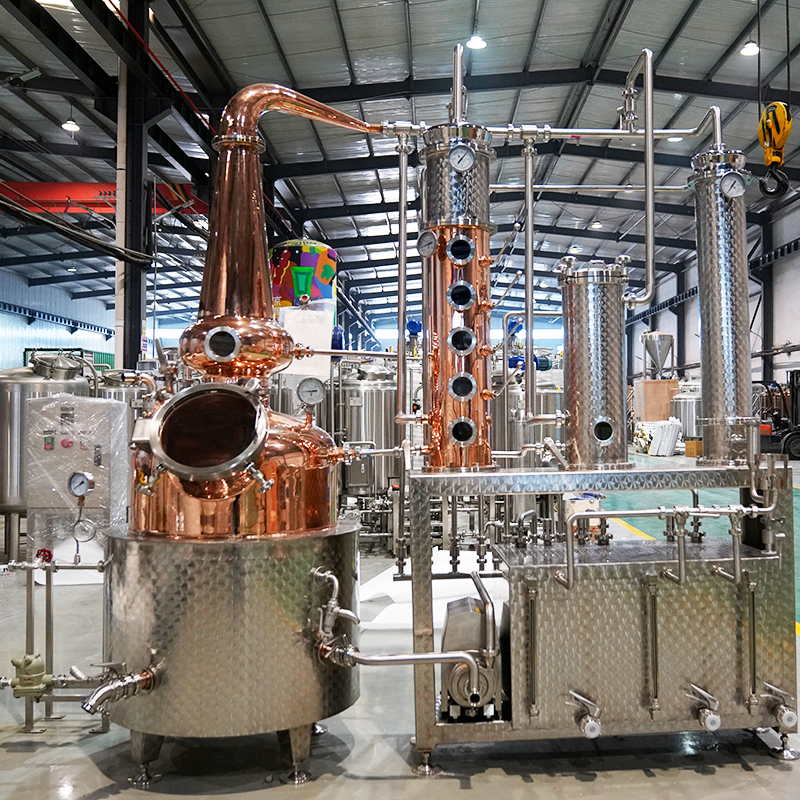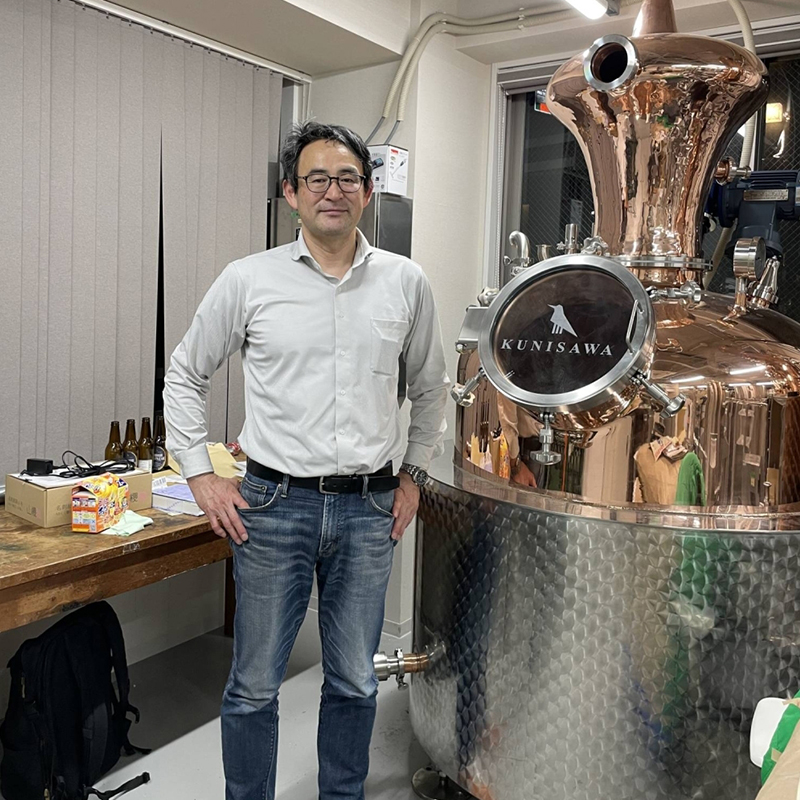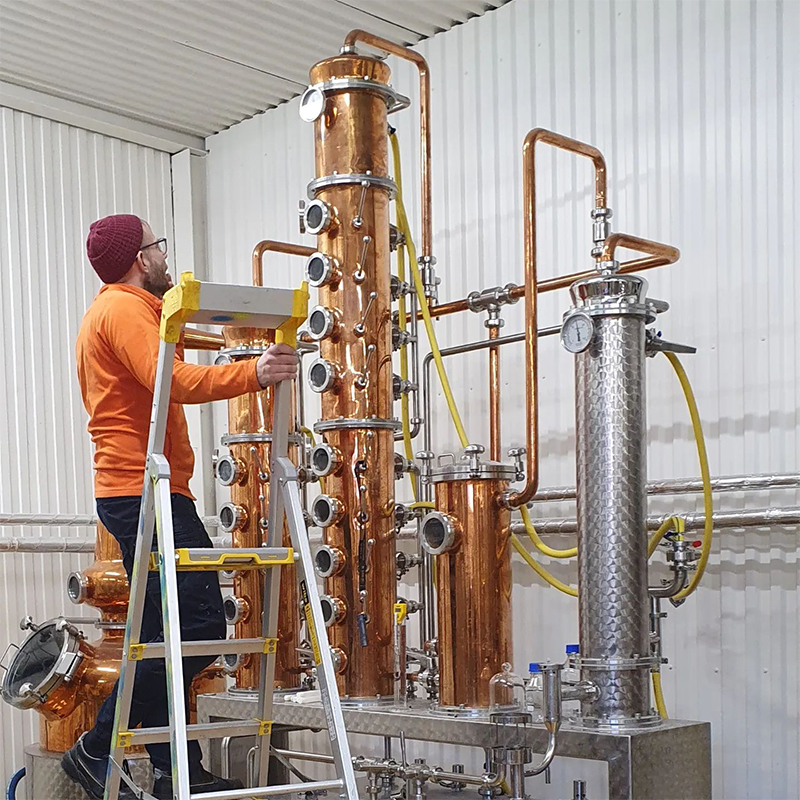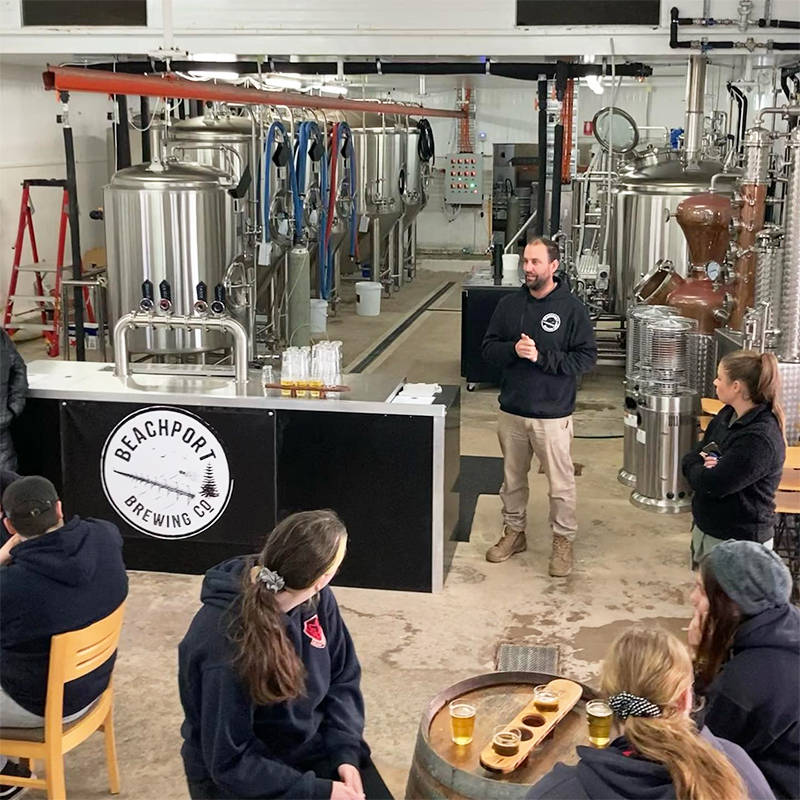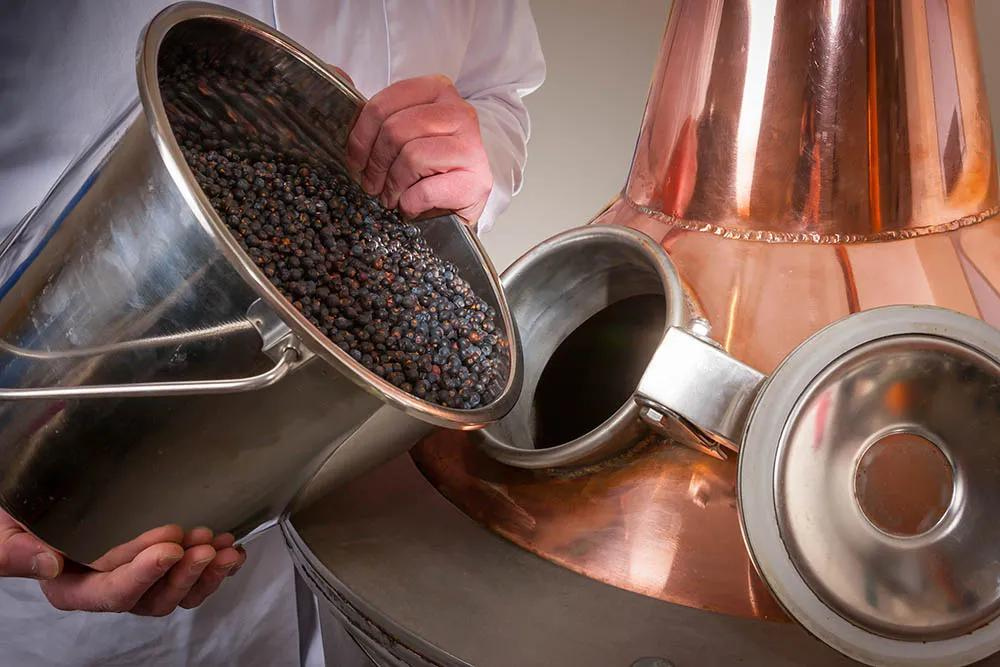
The correct way to distill gin
Gin is a spirit that has a rich history and diverse flavors. Its distinctive taste comes from the creative distillation of neutral alcohol. The process begins with obtaining high-quality ethyl alcohol, which is derived from grains such as barley corn, or molasses. botanicals are then infused to create gin’s unique taste.
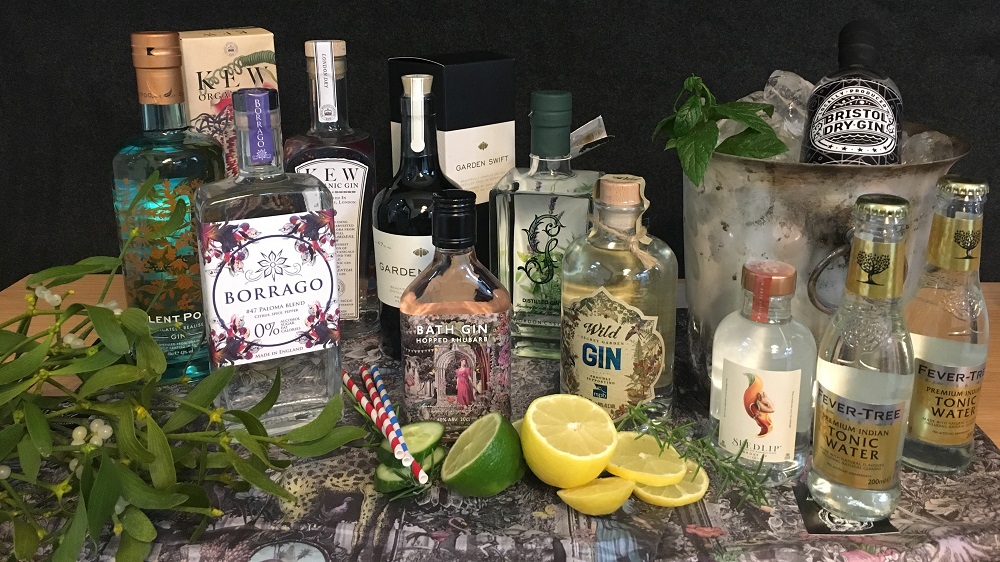
Botanicals play a pivotal role in defining the myriad flavors of gin. Beyond the essential juniper taste, various aromas are introduced during distillation, collectively known as botanicals. These can range from berries, seeds, fruits, spices, and herbs to bark, peels, and roots. While traditional gins employ six to ten botanicals, contemporary trends embrace an array of flavorings, including popular choices like citrus notes from lemon or orange peel and exotic elements like ginger, cardamom, cinnamon, and lavender.
Two primary methods, maceration, and percolation are employed to infuse botanicals into the neutral alcohol. Maceration involves soaking the ingredients in alcohol for a period ranging from 36 hours to several weeks. Heating this mixture accelerates the release of aromas, a process known as digestion.

In contrast, percolation involves indirect contact between alcohol vapor and botanicals placed in a gin head or spirit baskets above the still. Gins produced through percolation tend to have a milder and less aromatic taste compared to the intense aromatic body of macerated gins.
Master distillers must skillfully navigate the distillation process, distinguishing between undesirable components like foreshots (containing harmful substances) and tails (containing fuel oils) and the coveted “heart”. This middle run is the pinnacle, embodying the desired flavors without compromising health or aroma.
Beyond the distillation method, the types of gin, such as London Dry Gin, Distilled Gin, and Old Tom Gin, are differentiated by production methods and sugar content. Understanding these nuances provides enthusiasts with a deeper appreciation for the diverse world of gin. Explore the intricacies of gin production and embark on a flavorful journey through its various types.
Consider the Tiantai Hybrid Still if you aspire to craft your exceptional gin. This cutting-edge distillation apparatus can achieve the best of both maceration and percolation methods.

